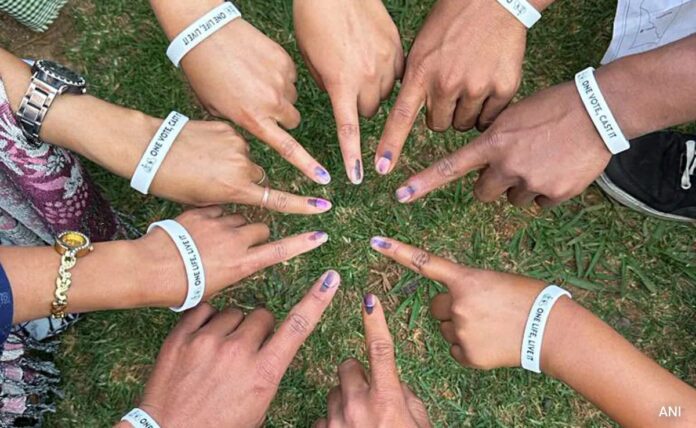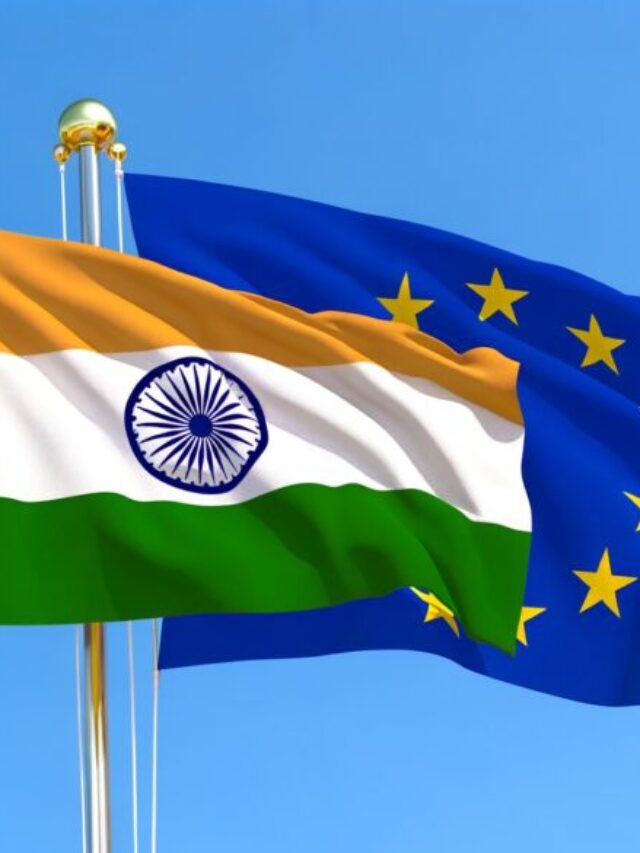As the political landscape in Western India braces for the upcoming Lok Sabha elections, scheduled from April 19 to May 20, all eyes are on Maharashtra, Gujarat, and Rajasthan. With significant shifts in alliances and strategies, the electoral battleground is set for a fierce contest.
Maharashtra:
In Maharashtra, the Eknath Shinde-led Shiv Sena, Ajit Pawar’s NCP, and the BJP have forged an alliance. The BJP aims for a continuation of power, having won 23 out of 25 seats it contested in the 2019 elections. The split within the Shiv Sena-NCP coalition in 2022, leading to Shinde and Pawar factions aligning with the BJP, has altered the political dynamics significantly.
Also read: Sudha Murty takes oath as Rajya Sabha MP in the presence of Narayana Murthy | Watch video
Gujarat:
Gujarat, the home state of Prime Minister Narendra Modi and Home Minister Amit Shah, has traditionally been a stronghold of the BJP. However, the Congress and the Aam Aadmi Party (AAP) have joined forces in a seat-sharing pact. The BJP’s dominance was evident in the 2019 and 2014 elections, winning all 26 constituencies. Despite this, the Congress is making strategic moves, fielding candidates strategically to challenge the BJP’s stronghold.
Rajasthan:
In Rajasthan, where the BJP swept all 25 seats in 2014, the Congress is seeking to reclaim lost ground. Despite winning the state assembly elections in 2018, the Congress failed to replicate its success in the 2019 Lok Sabha polls. With the BJP retaining key figures like Lok Sabha Speaker Om Birla and fielding new faces, the electoral contest in Rajasthan remains dynamic.
The Contestants:
The BJP, led by Prime Minister Narendra Modi, is eyeing a third consecutive term. Meanwhile, the opposition, under the banner of the Indian National Developmental Inclusive Alliance (INDIA), poses a challenge. However, the absence of a declared prime ministerial candidate from the opposition adds an element of uncertainty.
Strategic Moves:
In Gujarat, the Congress has strategically fielded candidates, including sitting MLAs and fresh faces, to challenge the BJP’s dominance. The inclusion of former BJP MP Rahul Kaswan, who recently joined the Congress, adds intrigue to the electoral landscape in Rajasthan. Similarly, alliances and splits within regional parties like the Shiv Sena and NCP in Maharashtra have reshaped the political equations.
The Lok Sabha elections in Western India are poised to be a battleground of shifting alliances, strategic maneuvers, and ideological contests. While the BJP aims for continuity, opposition alliances seek to challenge its dominance. Maharashtra, Gujarat, and Rajasthan will witness intense political campaigns as parties vie for electoral supremacy. As the nation awaits the results on June 4, 2024, the outcome of these elections will not only shape the political landscape of Western India but also have significant implications for national politics.







